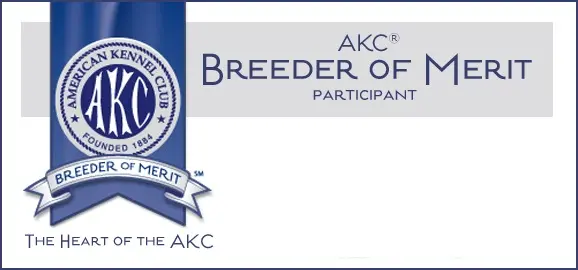Bichon Frise For Sale.
At Bichon Comfort, We groom puppies that meet the Kennel Club standards, for sale. We have a large family, and the best part is that we all adore dogs. So much so that we decided to get into breeding as a family affair, with our kids playing an active part in their early fostering. We've all matured from the experience, deepening our sense of compassion and care, and confirming our commitment to breeding healthy, happy puppies that conform with the breed standards.
As hobby breeders of the Bichon Frise, we know them for their friendly and accommodating attitudes. Socialized and cared for daily, our puppies come with a wonderful temperament, a love for people and ready to be fantastic family pets. They'll join their new homes with updated shots and dewormed, loved, and ready for their new life. At Bichon Comfort, we find joy in offering our charming babies to loving homes nationwide.
Of course time can alter so many things, I know one thing is true; if you make our puppies your baby forever, they will love you more forever. You can be best friends forever. We can promise they will be by their best behavior and to make you happy when you feel down.
Bichon Comfort‘s breeding program is registered with the American Kennel Club and we are licensed to operate as a pet dealer. All Bichon Frise puppies offered here for sale to families will be up to date on puppy shots along with a veterinarian health report. We allow our puppies to go to their furever homes between 10-12 weeks of age.

Hello there! My name is Miss Billie. I am available for sale and I want you to pick me! I love to snuggle and be as cute as can be! My parents said I'm perfectly healthy and up to date on my puppy vaccinations. I love to play and to take long naps. If I'm chosen to join your family, I'll be the best puppy you could ever ask for; I promise! Make the call now and find out how to bring me home!
Health
There are certain health conditions that affect Bichon Frises more frequently than other dogs. In this section, we’ve outlined some of our recent claims data to help you understand some of the health issues we see more in Bichon Frises than in other dog breeds. If you’re buying a puppy, you can increase your chances of having a happy and healthy dog by choosing a reputable Bichon Frise breeder
Diabetes
Cushing’s disease
Cruciate ligament disease
Skin disorders
Patella luxation
Training & Exercise
Start puppy training from around three months old to reduce the likelihood of common Bichon Frise problems, including excessive barking and slow housetraining.
Socialize your bichon with different people and in various scenarios to boost their comfort and confidence. Bichons tend to be adaptable dogs who are friendly with strangers, but it's good to reinforce this with positive experiences.
The bichon frise needs proper training and socialization to be happy and well-adjusted. Do not make the mistake of skipping training just because the bichon is a small and generally affable dog. Bad habits can develop when you let training slide.
Grooming
The soft, curly coat of the bichon frise grows continuously and sheds minimally. Because of this coat type, routine grooming is an absolute necessity. Otherwise, their cute coat can become matted and tangled.
Adult Bichon Frises are known for their white, cloud-like coat, but puppies can also have overtones of other colours such as grey, buff or apricot.
Bichon frises should be brushed at least two to three times per week. Haircuts are usually necessary every four to six weeks. Make sure to keep the hair around the eyes trimmed to maintain a clear sightline
Bichons also will need a bath roughly every month, depending on how dirty they get. Their white fur shows dirt easily, and they are prone to developing tear stains around their eyes.
Diet and Nutrition
As Bichon Frises don't require much exercise, it's important not to overfeed them- including sneaking them too many treats!
Bichon Frise puppies should be given a high-quality, breed-appropriate food in three to four small meals a day, up to six months of age, after which they can be fed twice a day instead.
Always have fresh water available for your dog. And provide a quality, nutritionally balanced canine diet. It’s typical to feed two measured meals per day. But discuss the quantity and type of diet with your vet to make sure you’re meeting your dog’s individual needs.



